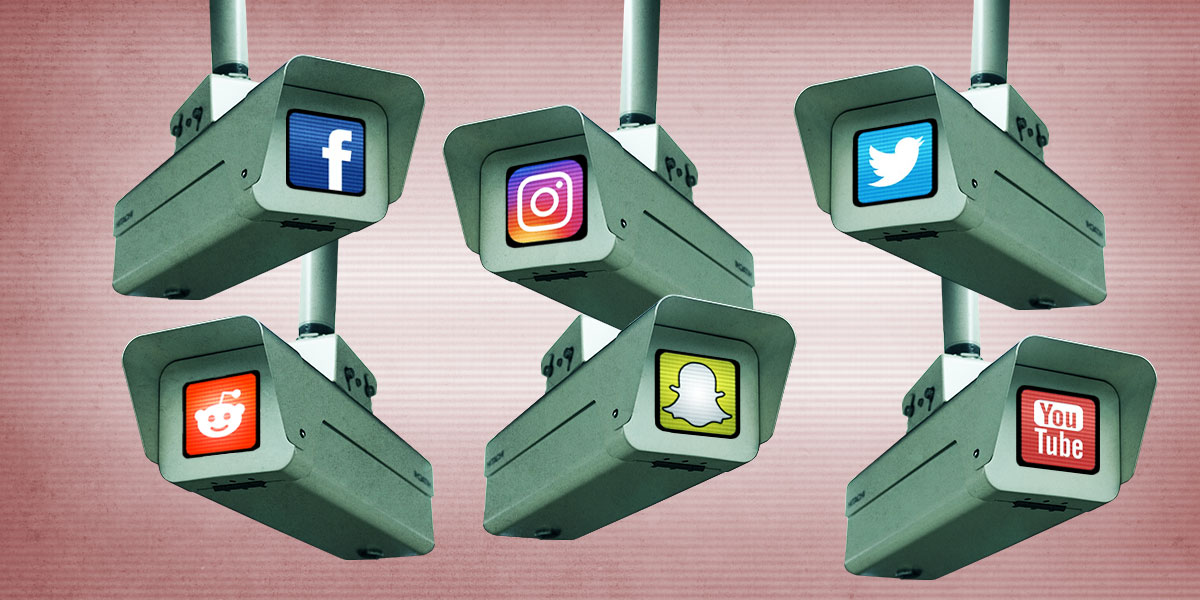Summary
-
A federal judge has dismissed a lawsuit challenging a rule that requires visa applicants to disclose their social media accounts to the U.S. government.
-
The rule, which went into effect in 2019, applies to visa applicants from all countries.
-
The plaintiffs in the lawsuit, two U.S.-based documentary film organizations, argued that the rule violated the First Amendment rights of visa applicants.
-
It’s unclear if the plaintiffs plan to appeal the ruling.
Additional Details
-
The rule requires visa applicants to disclose their social media identifiers, including pseudonymous accounts, for the past five years.
-
The plaintiffs argued that the rule would chill free speech and association, as visa applicants would be less likely to express themselves on social media if they knew that the government could see their posts.
-
The ruling is a reminder of the challenges faced by people who want to protect their privacy online.



It is conceivable to prove you have a social media account you denied having (seize your phone, your computer). It is not the same as having a favorite color.
The consequences of lying on a visa application can be severe, such as a ban on entering the US.
If there is a reason to seize your phone and computer, then your VISA has other problems.
And if not, Is an omission lying? It is exactly the same as listing your favorite color, and leaving it blank.
Yes it’s lying. What if you left blank a request to list your criminal convictions?
straw man. Nobody can fact check your favorite color which can change from month to month.
Your criminal history is factual and evidence based.
I never brought up colors, which are nothing like the specific and provable social media handles. Best not to lie on a visa application, especially not about something that can be proven with subpoenas.